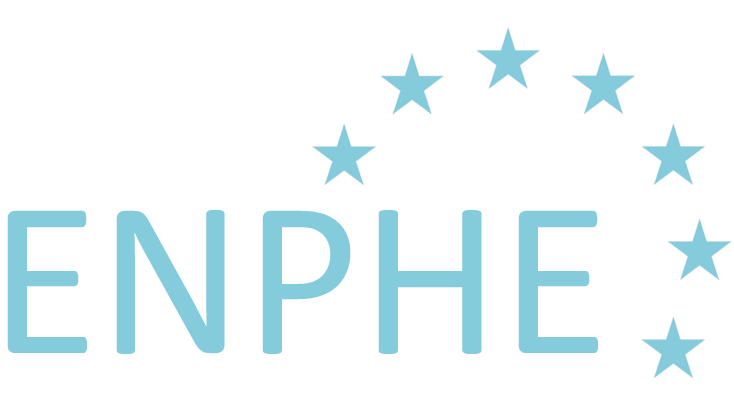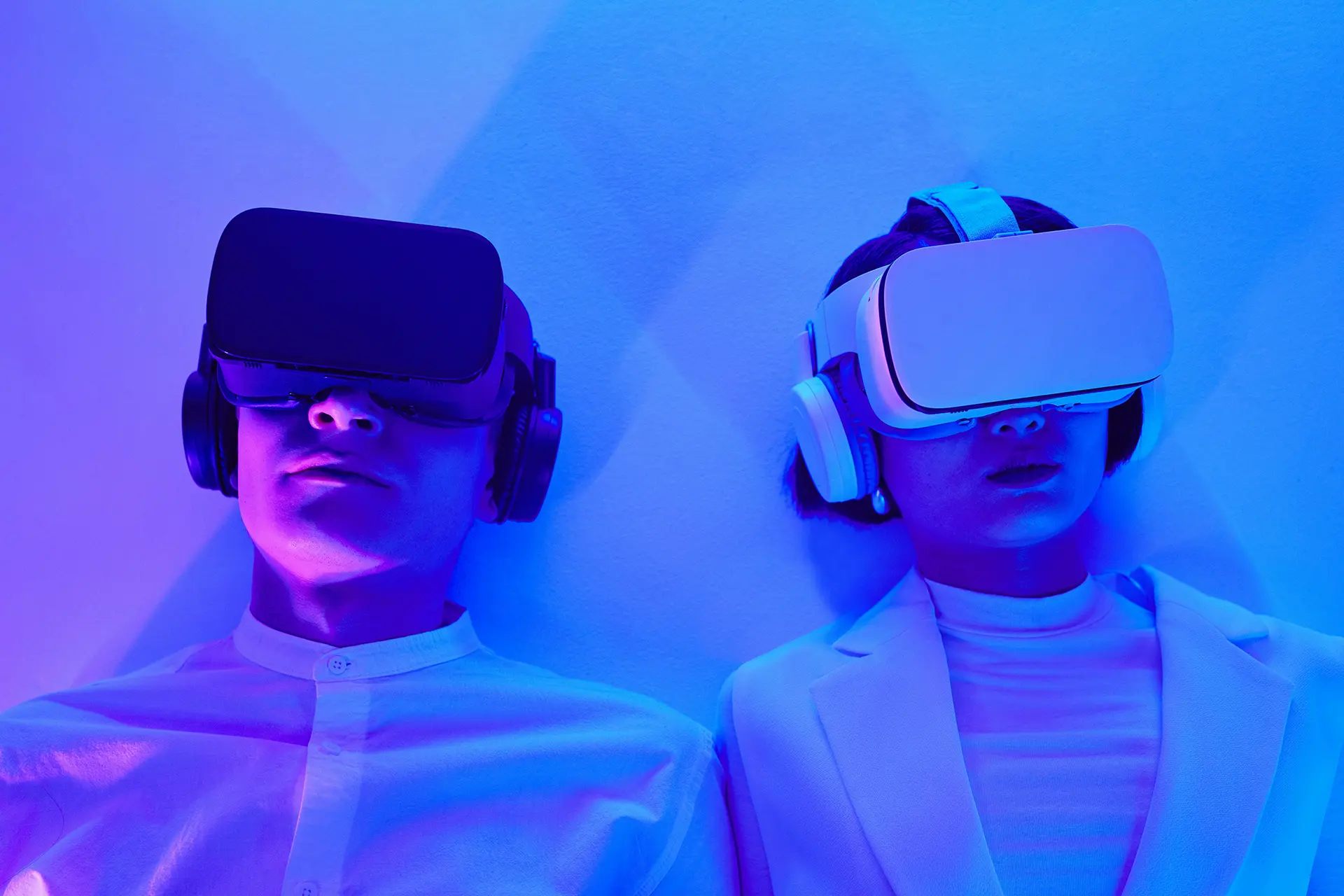Artificial Intelligence and its Impact on Education
As an Institute of Training in Physical Therapy and a member of the ENPHE (European Network of Physiotherapy in Higher Education), we participate in various working groups to address emerging issues that may influence the teaching of physiotherapy. Among these issues are technological advancements (AI), social concerns such as human rights and climate change, as well as disruptive innovations in health and rehabilitation.

Objectives of the Working Group
The primary objective of the working groups is to create a space to address the latest innovations or emerging topics relevant to the members.
Since 2023, a working group has specifically focused on technological innovation, concentrating on artificial intelligence (AI) and the impact of ChatGPT on education and research in physiotherapy. By leveraging our collective knowledge and working collaboratively, we hope to make significant progress in this area and continue to advance our profession in a meaningful way.
The Impact of AI on Physiotherapy Education
Since the emergence of ChatGPT in November 2022, its impact on education and research has been immense. This AI-powered tool has sparked a global conversation and brought attention to other similar technologies that could revolutionize the practice and education of physiotherapy.
In response, the working group is currently developing various actions, such as:
- Proposed Program for the ENPHE Conference (Led by Prof. Jeroen Alessie of Avans University, Netherlands)
This initiative aims to raise awareness and engage with the network on the advantages and disadvantages of AI-powered tools in physiotherapy, thus encouraging acceptance of this inevitable transition. - Survey on the ENPHE Network (Led by António Alves Lopes of EssaAlcoitao University, Portugal)
This survey investigates the knowledge, use, and attitudes of the ENPHE network regarding the impact of AI in education and research. The results will guide the development of other products to better meet the network’s needs. - AI toolbox (Led by Pedro Chana Valero of San Rafael Nebrija University, Spain)
This will provide the ENPHE network with the necessary resources to integrate AI-powered tools into education and research while addressing associated ethical concerns. - Developments and Initiatives
-
- The Working Group organized a conference and workshop in Prague last October to engage in dialogue about the impact of artificial intelligence. Titled “With Great Power Comes Great Ambiguity,” the conference was led by Michael Rowe. Pedro Chana Valero also conducted a workshop on “Generative AI.” These events encouraged network members to express their concerns and enthusiasm about AI.
- The group conducted a SWOT analysis (strengths, weaknesses, opportunities, threats) on AI and ChatGPT, sharing valuable perspectives among educators and students for the future of our training.
- An AI toolbox has been established, indeed a comprehensive collection of resources to facilitate the integration of AI-powered tools into education and research.
- A survey on the Use of AI aims to understand the knowledge, usage patterns, attitudes, and needs regarding the integration of AI in education and research. The results will guide the group’s activities and will be shared at ENPHE conference events and on the ENPHE website. All responses will be confidential.
We are excited to continue this essential work and share our progress with the broader ENPHE community. Our participation in this working group represents a strong commitment to innovation and excellence in physiotherapy training.

